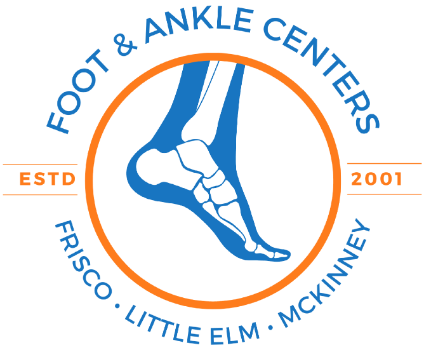Athlete's foot is a highly contagious fungal infection that begins growing on the skin between the toes. This fungus spreads quickly and thrives best in dark, warm, and damp environments. Athlete's foot is named after athletes, yet anyone can become infected. Athletes are more prone to this condition due to interactions in damp public facilities and having sweaty feet.
The majority of people with athlete’s foot can be treated right away with over-the-counter antifungal products! These creams contain active ingredients such as:
- Miconazole
- Clotrimazole
- Terbinafine
- Tolnaftate
These ingredients work by stopping the growth and spread of the fungi that cause the infection. Miconazole and Clotrimazole are azole antifungal agents that work by inhibiting the production of ergosterol, a key component of the fungal cell membrane. Without ergosterol, the cell membrane becomes weak and leaky, leading to the death of the fungus.
Terbinafine is a synthetic allylamine antifungal agent that works by inhibiting the production of squalene epoxidase, an enzyme that is essential for the production of ergosterol. By blocking this enzyme, terbinafine disrupts the fungal cell membrane and kills the fungus.
Tolnaftate is a thiocarbamate antifungal agent that works by disrupting the fungal cell membrane and inhibiting the production of key enzymes needed for fungal growth and reproduction. Tolnaftate is effective against a wide range of fungi, including those that cause athlete's foot.
All of these active ingredients are available in various forms, including creams, sprays, powders, and ointments. They are generally safe and effective when used as directed, but some people may experience side effects such as itching, redness, and rash. If you have any concerns or questions about using antifungal products, it is best to consult with one of our professional podiatrists.
For those with diabetes or poor circulation, any sign of a foot infection will require prompt treatment by one of our podiatrists. Athlete's foot has the ability to cause nerve damage, making it difficult to detect pain or other symptoms associated with the infection. If left untreated, athlete's foot can lead to serious complications, such as ulcers, secondary bacterial infections, and even amputation of the foot.
If your athlete’s foot doesn't improve after two weeks of using over-the-counter antifungal products, then you will need a prescription-strength cream or prescription antifungal pills prescribed by our podiatrists.


Leave a comment
0 Comments